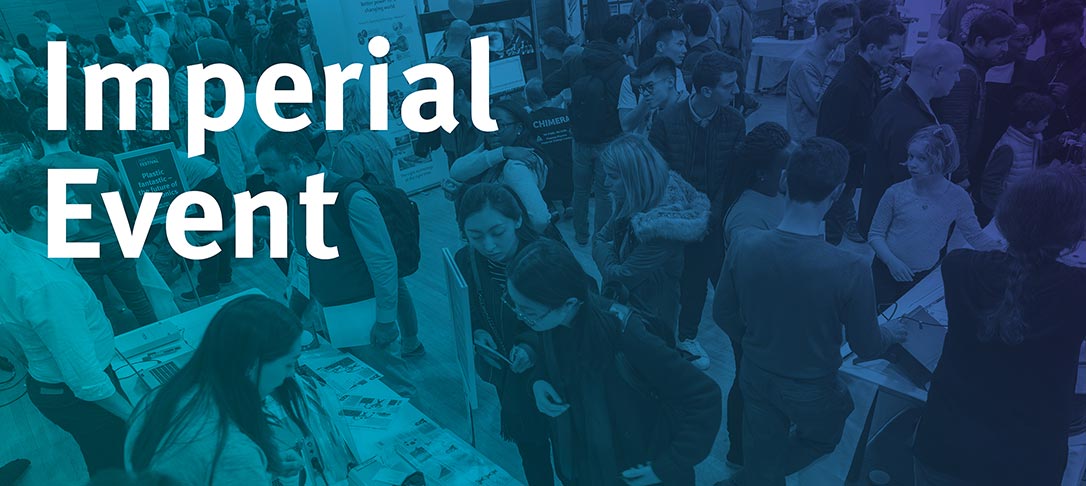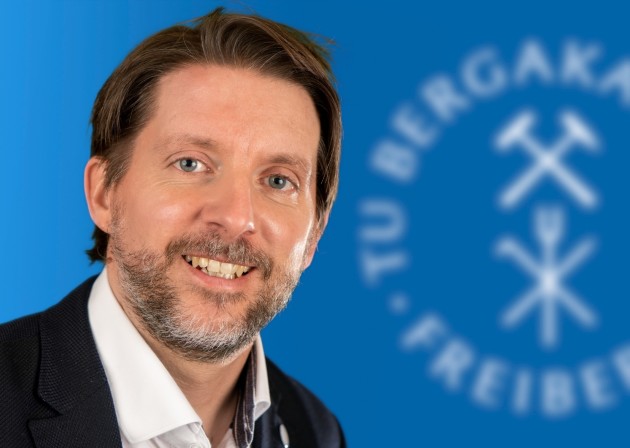
Computational Chemo-Mechanics for Modern Engineering Materials
Dr Bjoern Kiefer
Institute of Mechanics and Fluid Dynamics
TU Bergakademie
Freiberg, Germany
Summary:
This seminar presentation gives an overview of our current research activities in the area of chemo-mechanics-based material modeling, to inspire potential collaboration. Building on experience in theoretical and computational methods for multi-physics problems, our interest here lies in the modeling of nonlinear, dissipative material behavior in which interacting thermo-chemo-mechanical processes play a dominant role. We aim to capture mechanisms such as stress- and temperature-biased phase transitions and chemical reaction-driven diffusion processes that directly influence, or even enable, the effective behaviors of modern engineering materials. In this general multi-scale approach, model formulations may be considered on very different length (and time) scales. Recent work regarding analytical and computational scale-bridging methods is also discussed.
Three fundamental ingredients to such an endeavor are addressed: (i) the theoretical model development, particularly regarding variational settings, (ii) the numerical treatment of these problems, and (iii) the calibration of thermodynamical properties via the CALPHAD method. Regarding the first aspect, we discuss the advantages and disadvantages of formulations for chemo-mechanical multi-field problems through minimization and saddle-point principles. In terms of numerical solution schemes, we elaborate on the finite element implementation of such theoretical frameworks. Our particular approach builds on the flexible and quite general utilization of the UserELement interface (UEL) provided in the FE software package Abaqus. We further discuss ongoing collaborative work on the co-design of the variational model development and parallel solvers for chemo-mechanics problems, for which the MPI-parallel implementation instead is based on the software libraries deal.II, p4est and FROSch (Fast and Robust Overlapping Schwarz). Moreover, a concept is proposed in which thermodynamically informed material models are efficiently achieved via CALPHAD-trained neural networks. Representative numerical examples from a broad spectrum of technologically relevant studies are presented to demonstrate the validity and flexibility of our simulation frameworks.
Speaker Biography:

Dr. Kiefer currently holds the Full Professor Chair of Applied Mechanics – Solid Mechanics at the Institute of Mechanics and Fluid Dynamics of TU Bergakademie Freiberg, Germany. After completing a five-year mechanical engineering program at the Ruhr-University of Bochum, Germany, he joined the Aerospace Engineering Department at Texas A&M University as a Graduate Assistant Research in 2001. There he earned his Ph.D. degree under the guidance of Professor D. C. Lagoudas in 2006 and was honored with the Distinguished Graduate Student Award for Excellence in Doctoral Research in 2007. After returning to his native Germany, Dr. Kiefer was first employed as a Postdoctoral Research Fellow in the Civil Engineering Department at the University of Stuttgart (Prof. C. Miehe) and from 2010-2016 held the position of Juniorprofessor (Assistant Professor) for the Mechanics of Functional Materials at the Institute of Mechanics (Prof. A. Menzel) at TU Dortmund, Germany.
Dr. Kiefer’s research focuses on the computational mechanics-based modeling and simulation of coupling phenomena across length-scales, with applications in a broad range of modern engineering materials. Such couplings can arise from intrinsic multi-physical constitutive interactions (thermal, electric, magnetic, chemical, mechanical), microstructural mechanisms (phase transformations, plasticity, damage), and coupled field equations (thermomechanical balance laws, Maxwell’s equations, reaction-diffusion equations). Dr. Kiefer currently serves as the Vice Chair of the ASME Smart Materials, Adaptive Structures and Intelligent Systems (SMASIS) Division and was elected Fellow of the society in 2020. He has organized more than 30 research workshops and symposia at international conferences (e.g., GAMM, WCCM, SMASIS, USNC/TAM, SES). Dr. Kiefer continues to enjoy engaging in research and teaching collaborations with colleagues from around the world.